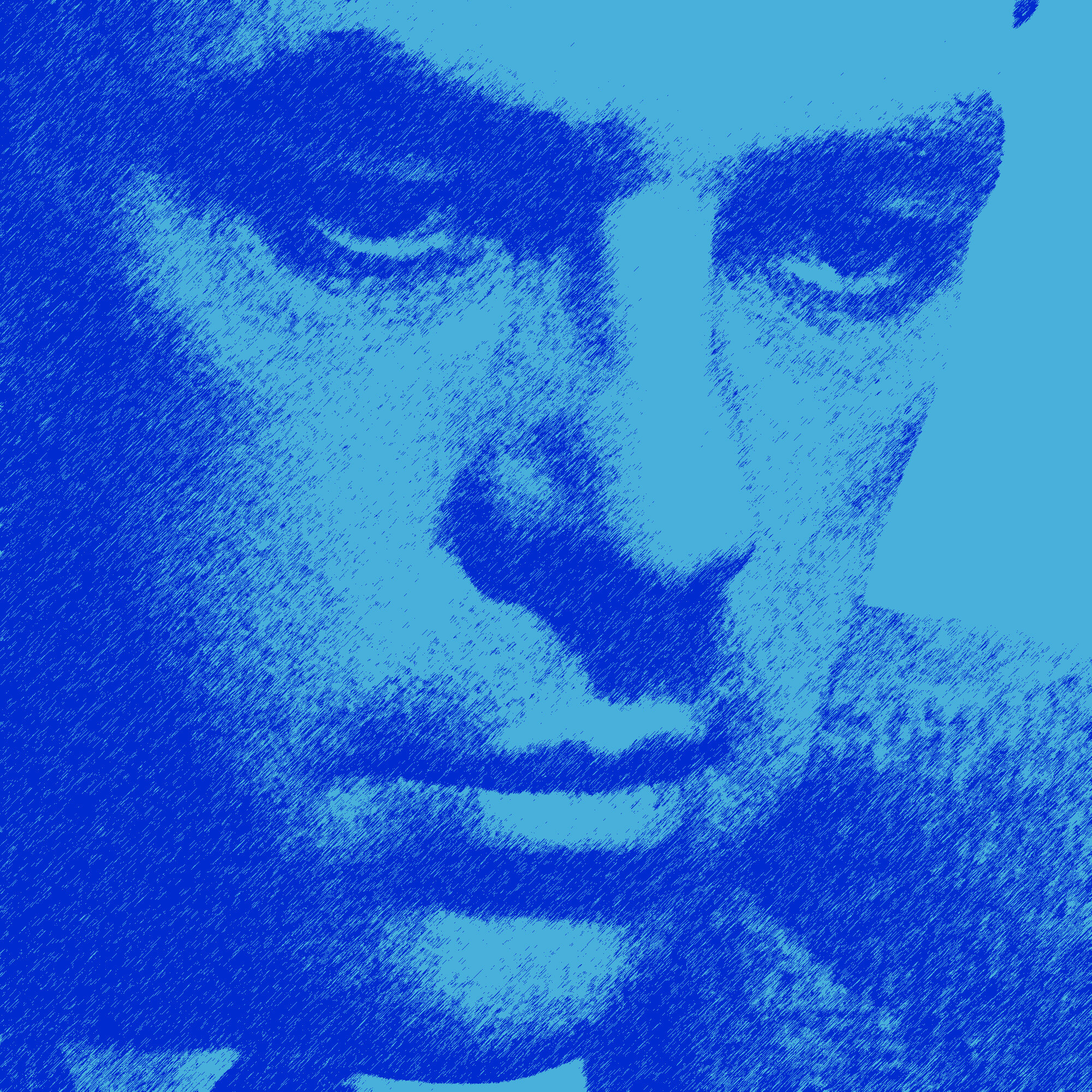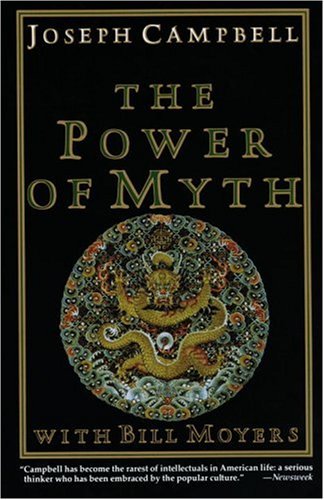
“Questing... is not an ego trip; it is an adventure to bring into fulfillment your gift to the world, which is yourself.”
— Joseph Campbell
Pathways to Bliss: Mythology and Personal Transformation
JOSEPH CAMPBELL
1904 - 1987
Joseph John Campbell (March 26, 1904 – October 30, 1987) was an American writer, teacher, and comparative mythologist whose work illuminated the patterns of myth and religion across cultures. Born in White Plains, New York, Campbell was raised in a Catholic family of Irish descent and developed an early fascination with Native American traditions, Arthurian legends, and world mythology.
He studied literature and the humanities at Columbia University and later pursued graduate work in Europe, where exposure to modernist thought and the works of Freud, Jung, and James Joyce profoundly shaped his perspective. In 1934 he joined Sarah Lawrence College as a professor of literature, a position he held for nearly four decades.
Campbell’s best-known book, The Hero with a Thousand Faces (1949), presents his theory of the “monomyth,” or hero’s journey, a recurring narrative pattern found in myths around the world. This structure—departure, initiation, and return—offered a unifying lens through which to view the stories of cultures across time and geography. His insights influenced not only scholars but also novelists, artists, and filmmakers.
In later works and lectures, Campbell expanded his explorations of myth, symbolism, and religion, insisting that myths are vital to understanding the human experience. His oft-quoted counsel, “Follow your bliss,” distilled his belief in aligning life with inner calling and meaning.
Campbell’s reach into popular culture grew when George Lucas acknowledged The Hero with a Thousand Faces as a major influence on the Star Wars saga. Through this connection and a series of televised conversations with journalist Bill Moyers, Campbell became widely recognized by the public in his later years.
Though celebrated as an inspiring thinker, Campbell’s work also attracted criticism from folklorists and scholars who argued that his broad synthesis sometimes oversimplified cultural contexts. Nonetheless, his writings continue to spark dialogue on the universality of myth, the symbolic depth of storytelling, and the quest for meaning in human life. He died in 1987, leaving behind a legacy as one of the 20th century’s most influential interpreters of myth.











